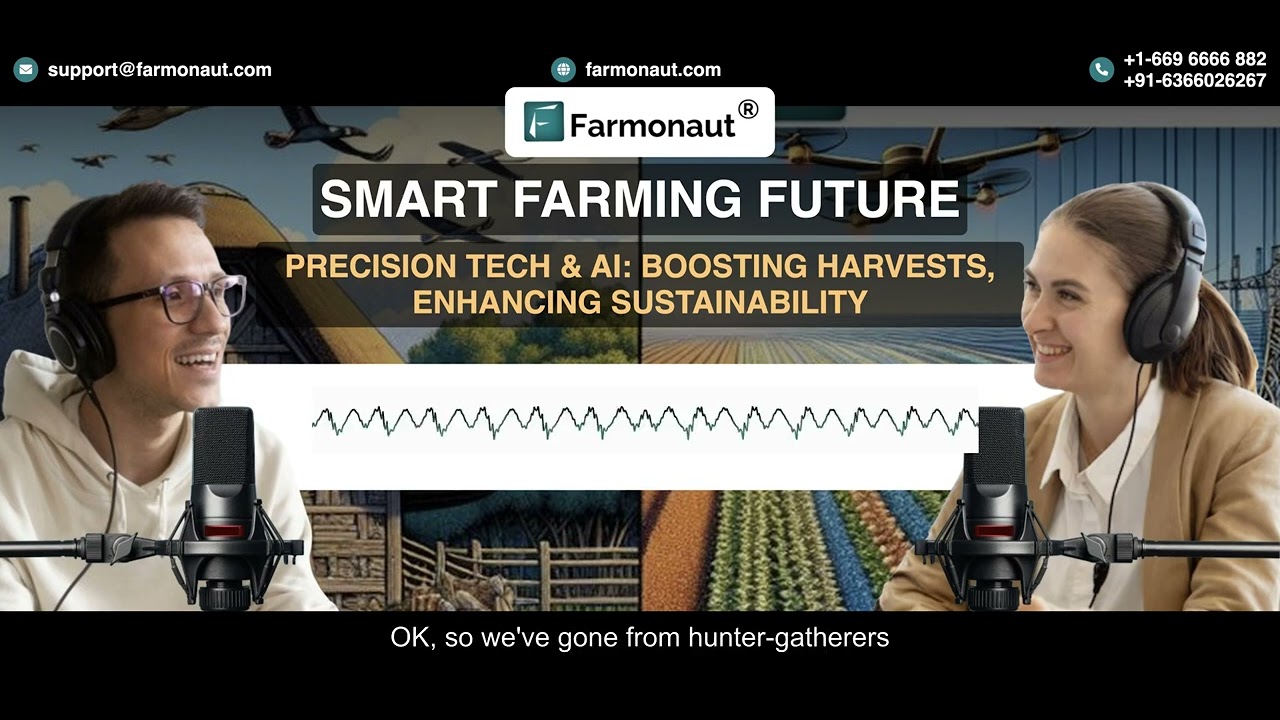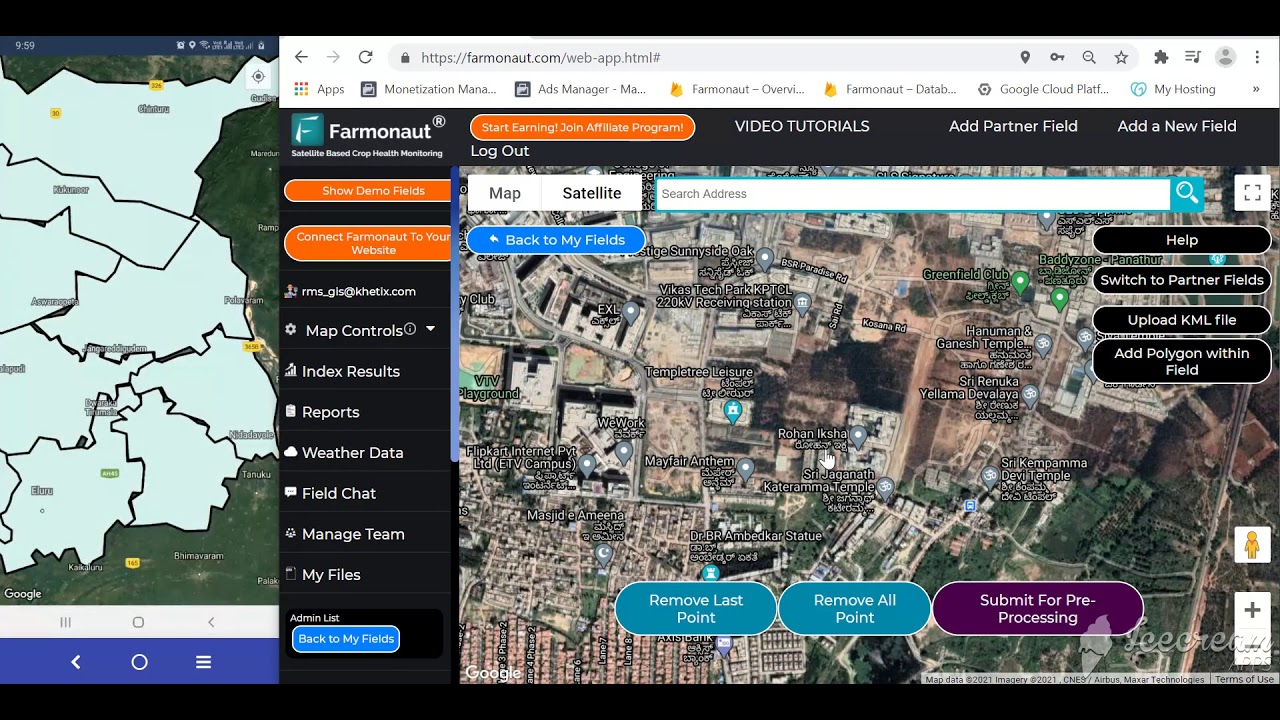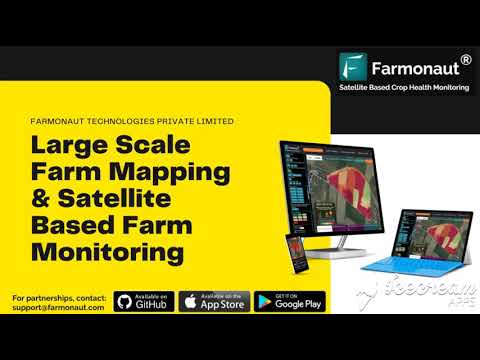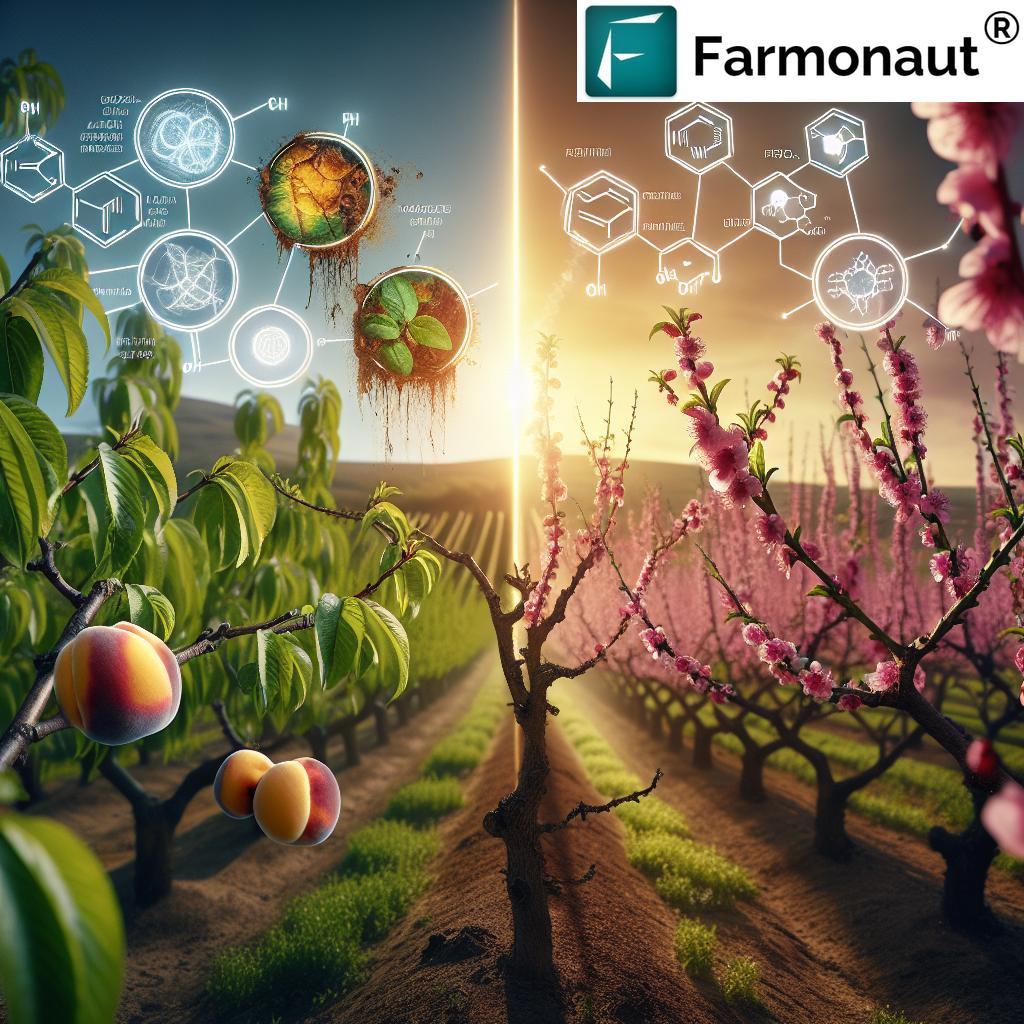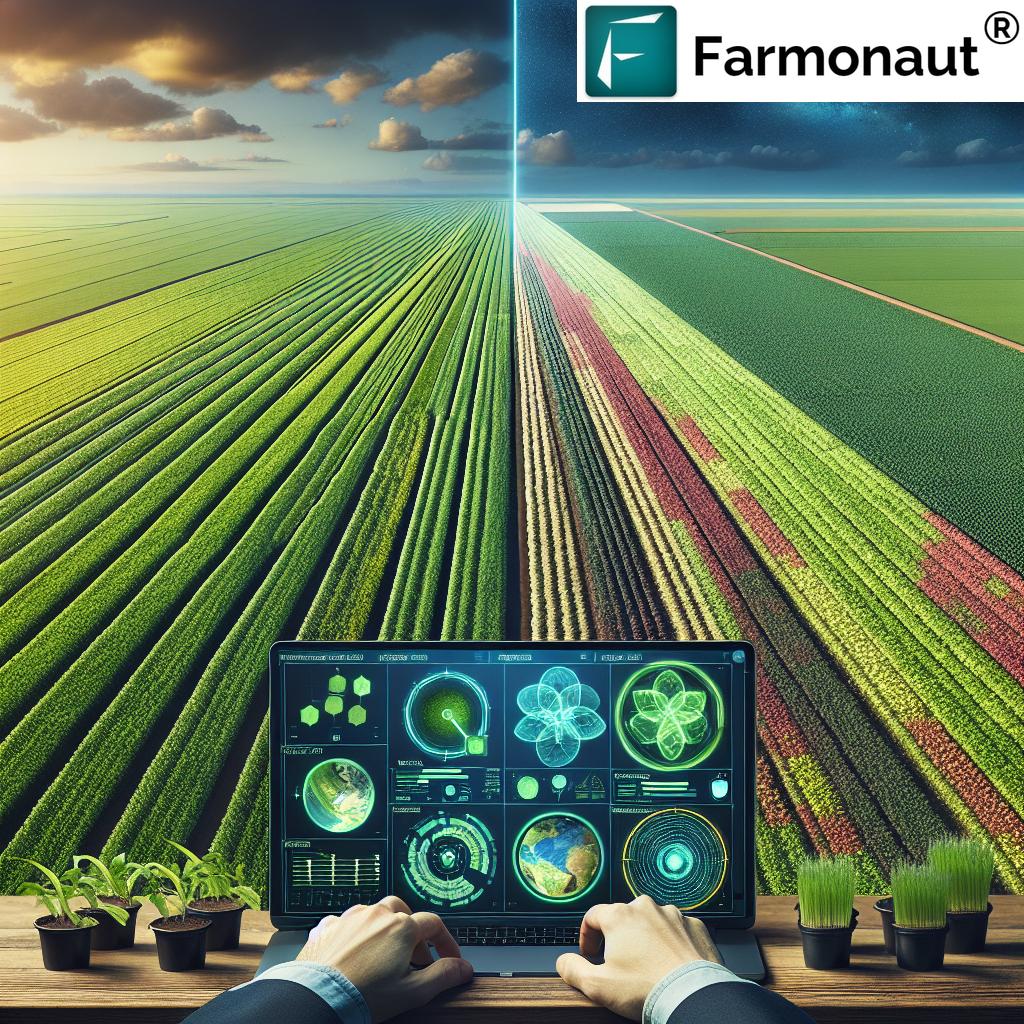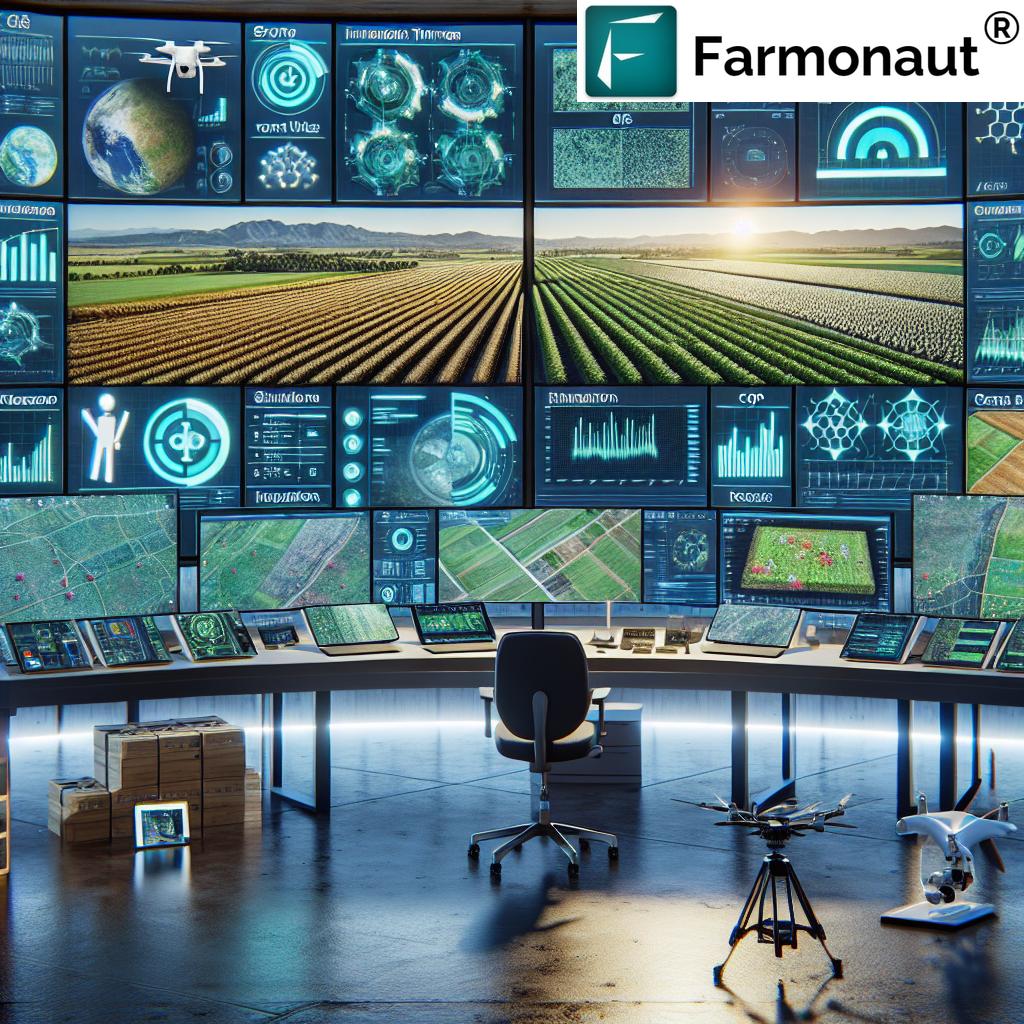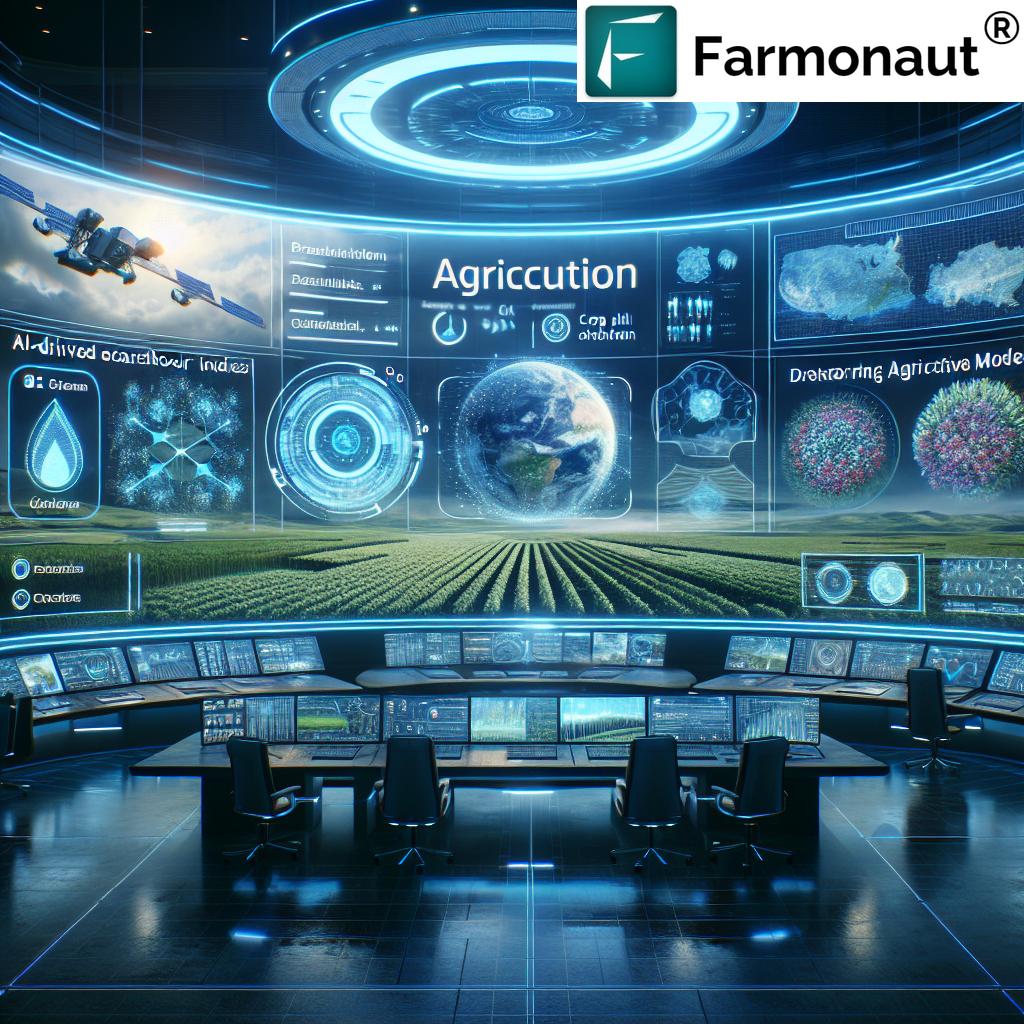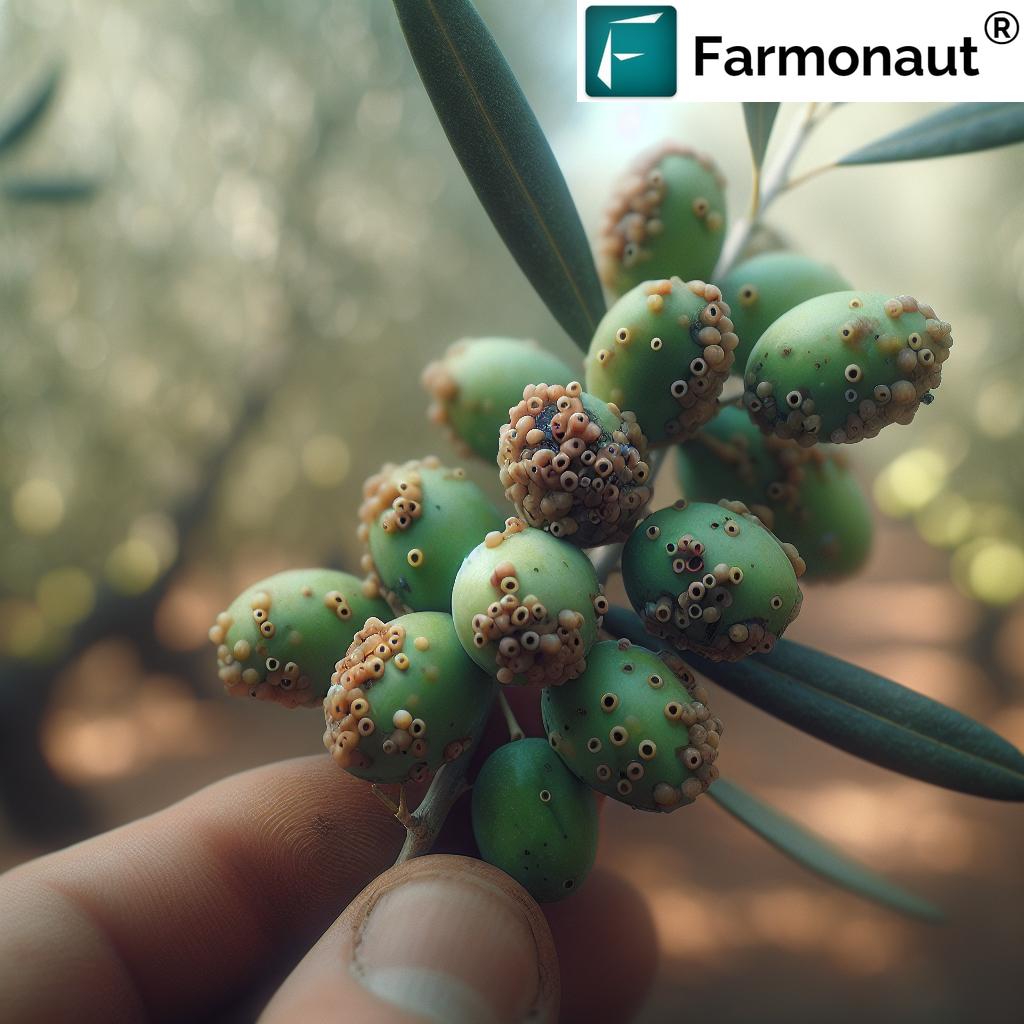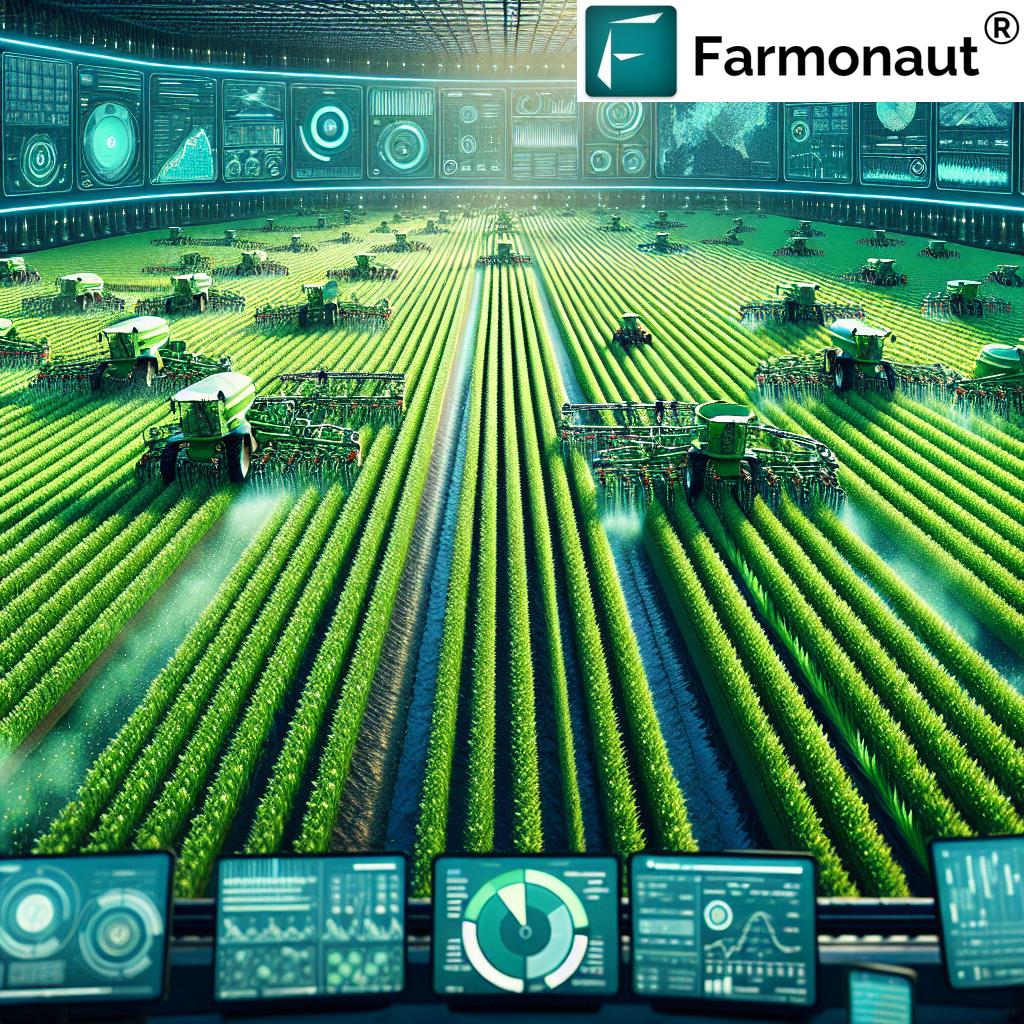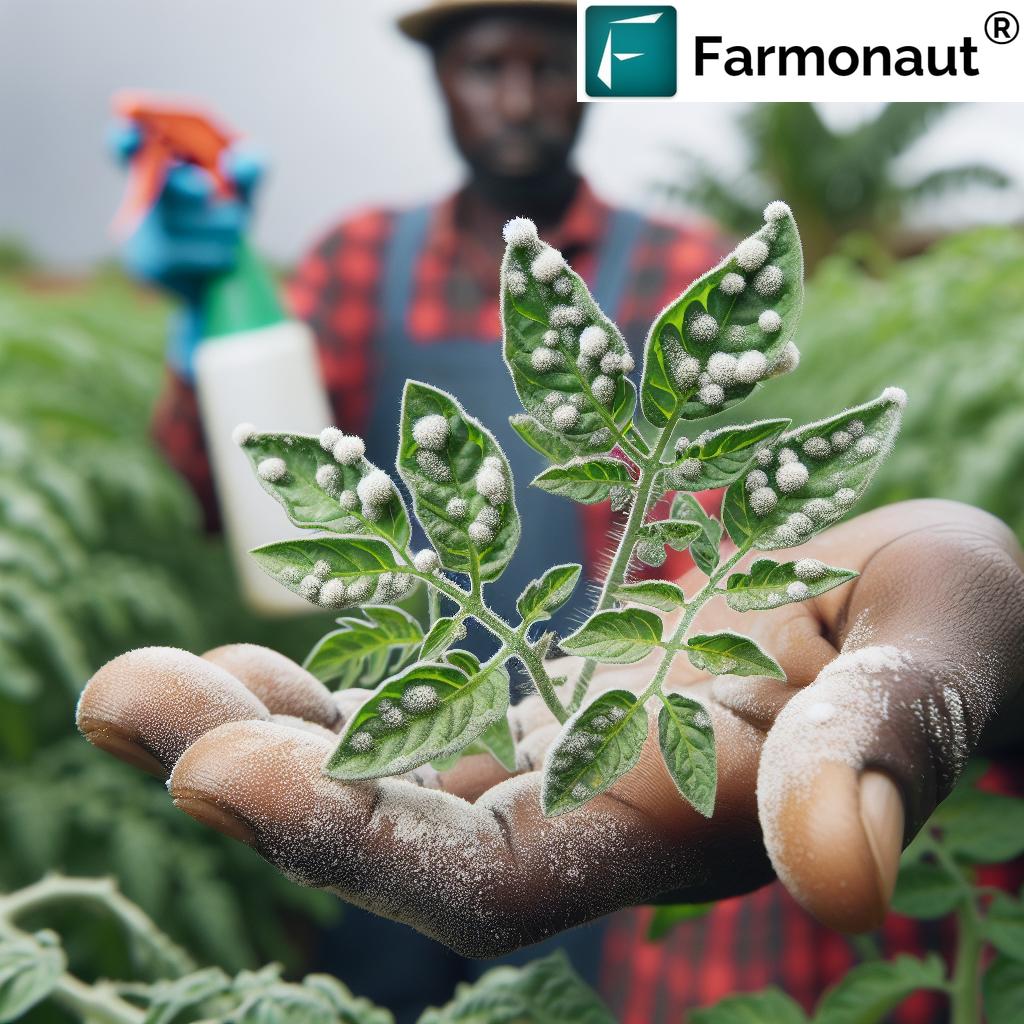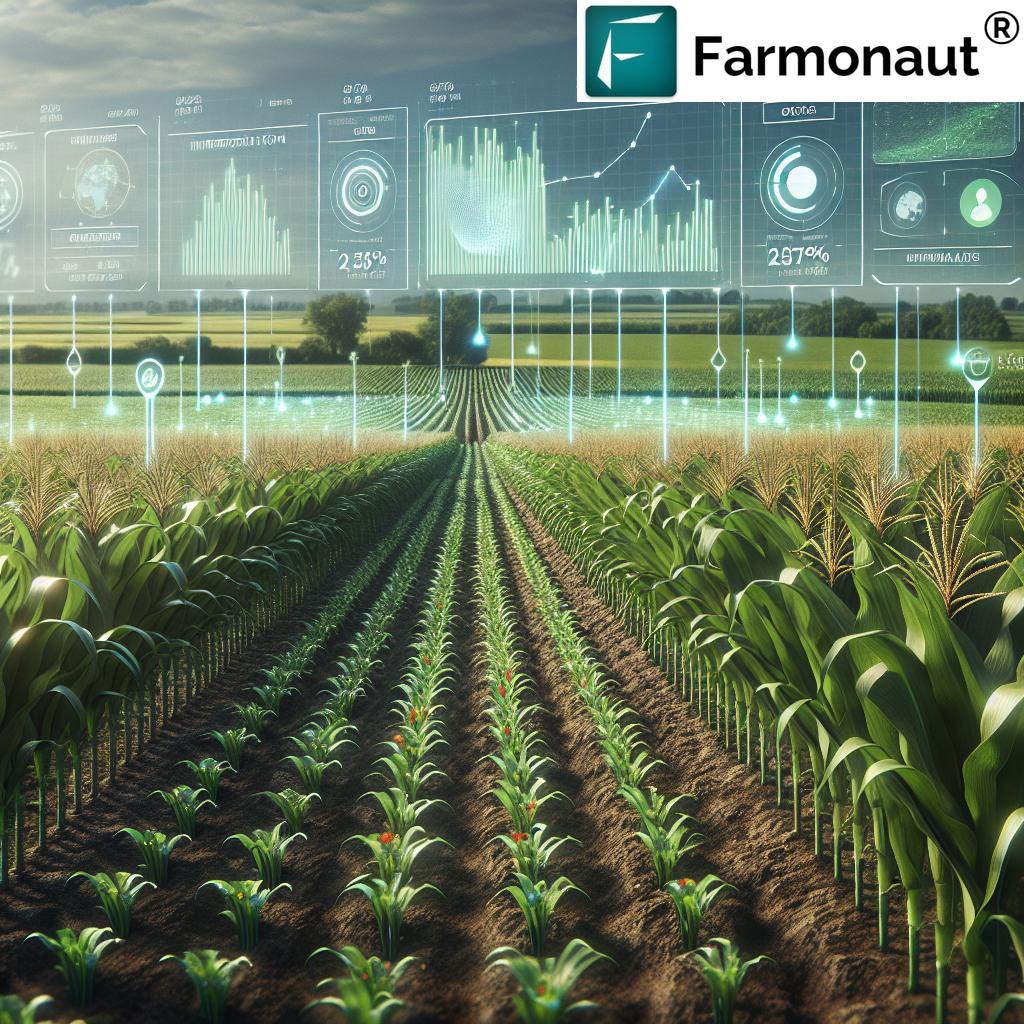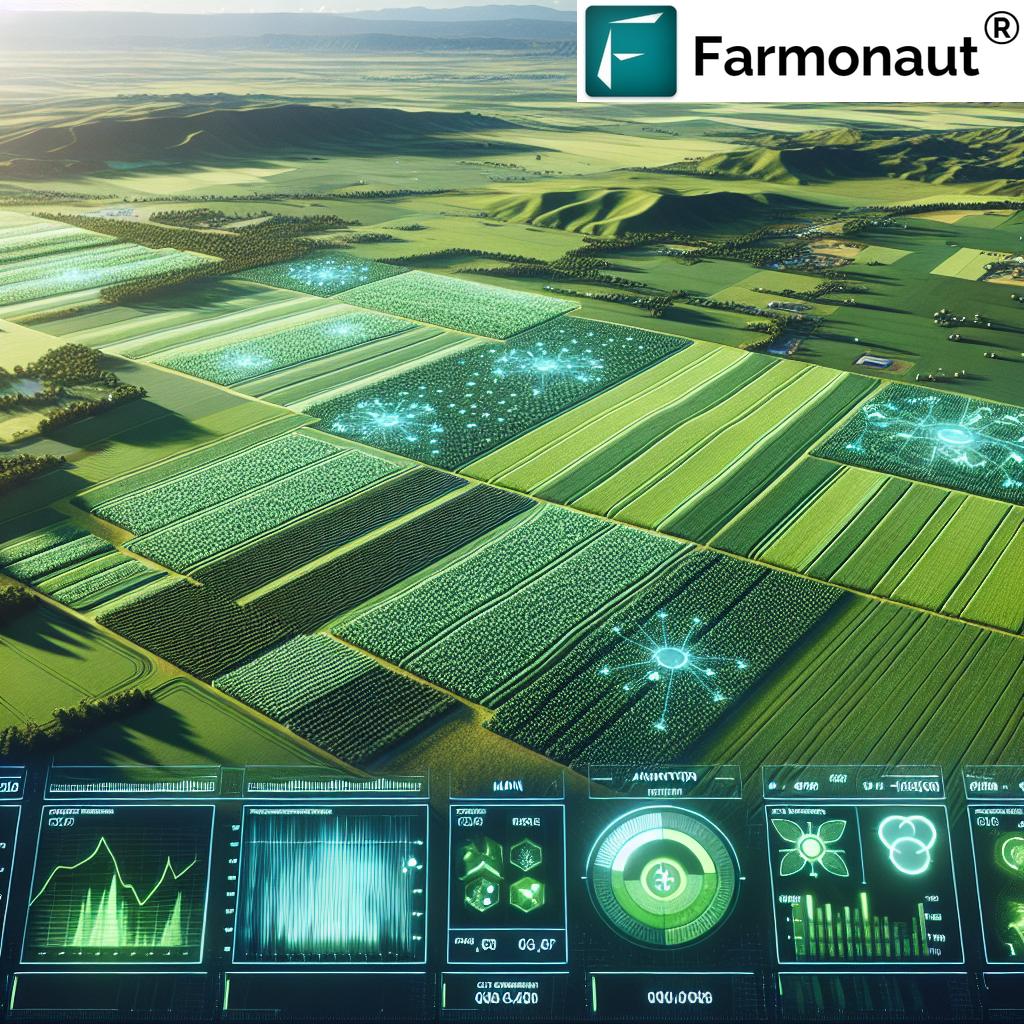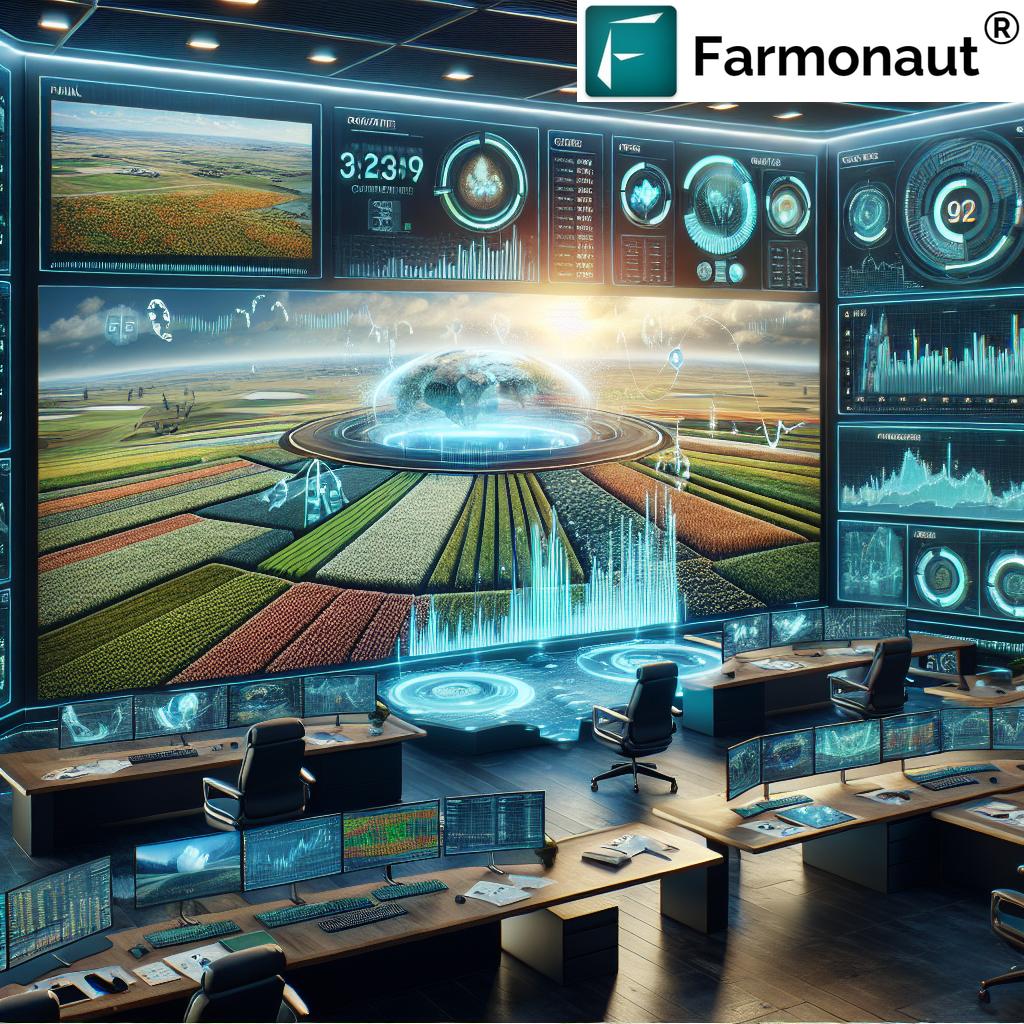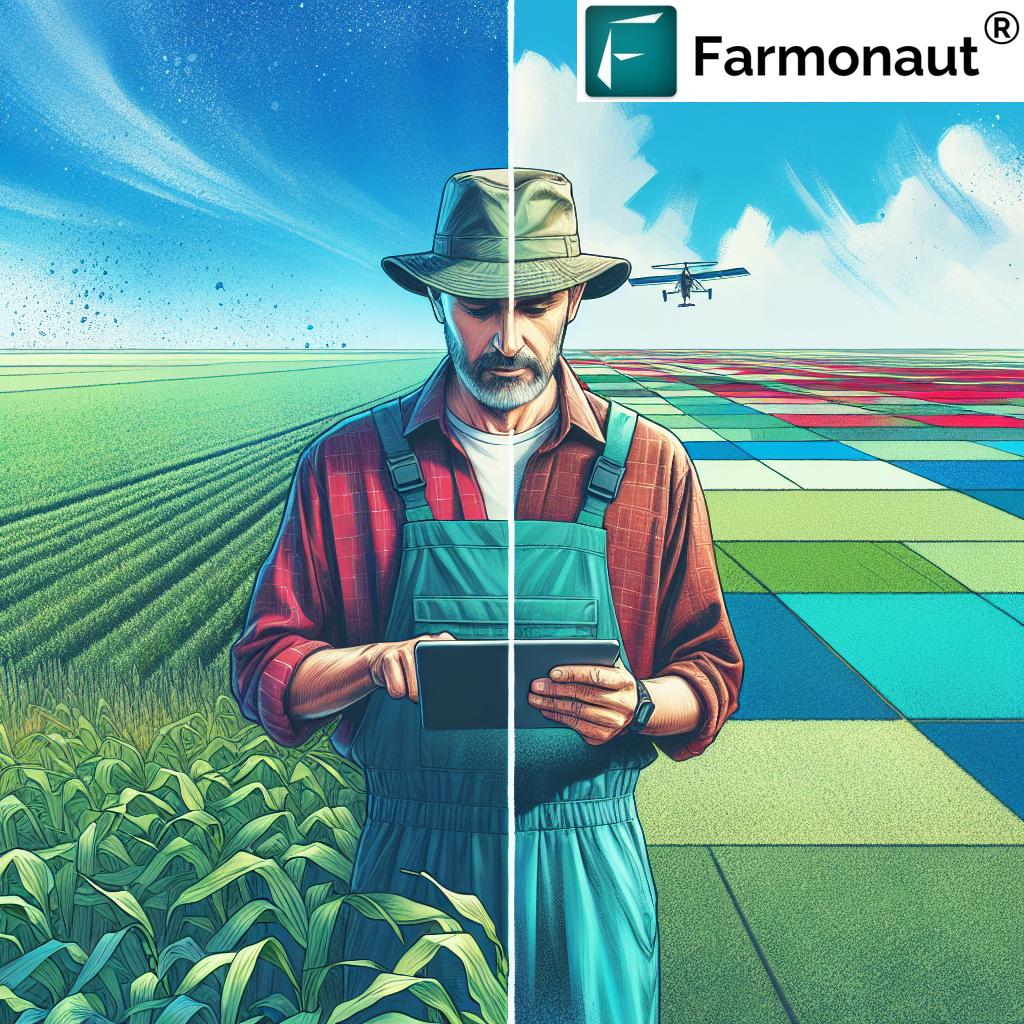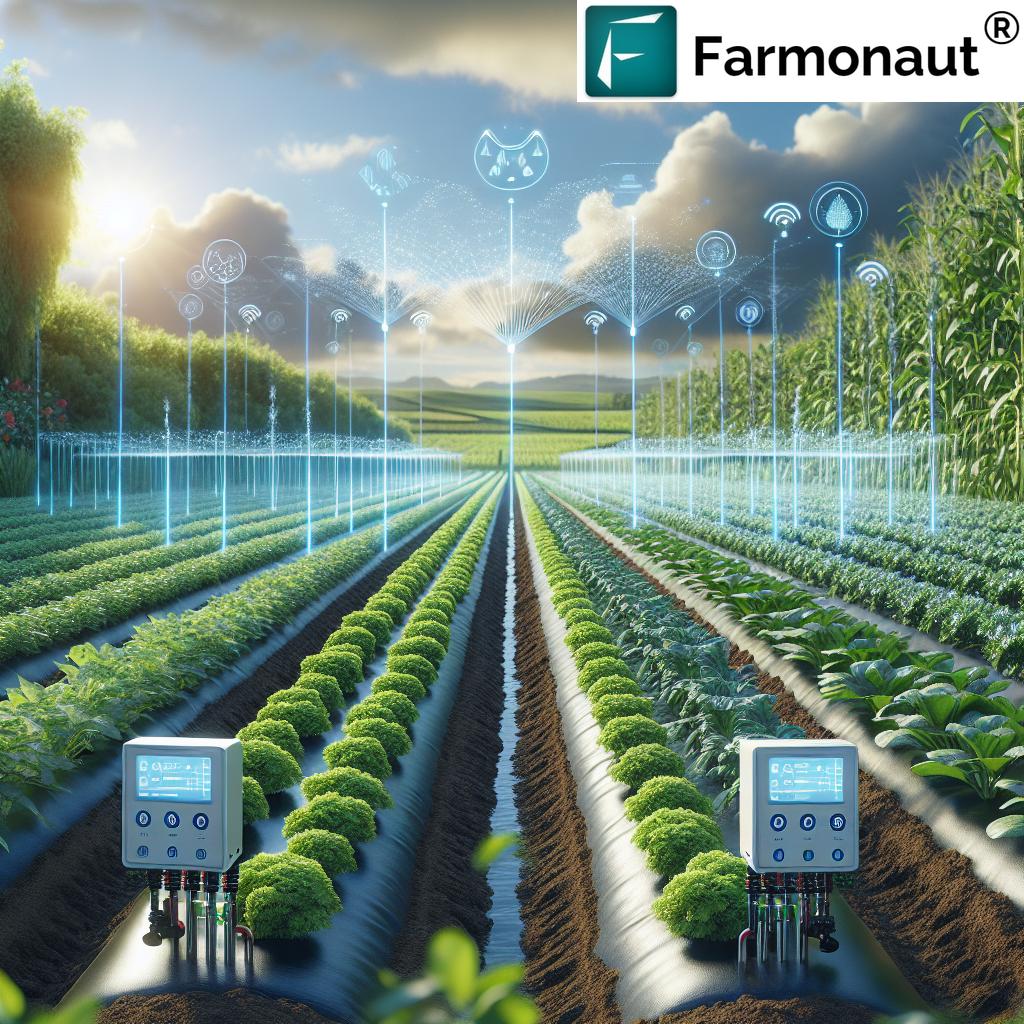Farming Machine Tools: Top 2025 Farm Machinery & Tools
“By 2025, smart farming machine tools are projected to boost crop yields by up to 25% globally.”
“Over 60% of new farm machinery in 2025 will feature AI-driven automation for precision agriculture.”
Introduction: The Vital Role of Farming Machine Tools in 2025
In the rapidly evolving landscape of agriculture, farming machine tools are critical. By 2025, the adoption of agriculture tools machine and advanced farm machinery tools has become not just a matter of efficiency, but a necessity for food security and sustainable farming practices.
This article explores the current state and emerging trends in farm machinery and tools, farming machine advancement, precision systems, and the integration of smart technologies—all while highlighting the significance of these innovations in modern agriculture.
From higher productivity to reduced labor costs and minimized environmental impact, the transformation is profound. As technologies like AI, IoT, and robotics reshape traditional farming, understanding these shifts is vital for any farmer, stakeholder, or enthusiast aimed at thriving in 2025 and beyond.
Evolution and Importance of Farm Machinery & Tools
The evolution of farming machine tools over the decades reflects our collective pursuit of higher efficiency, productivity, and sustainability in agriculture. Early farming relied on manual tools and animal labor, which limited both scale and reliability. As technology advanced, mechanized tools—from plows‘, ‘tractors’, ‘seeders’, and harvesters—dramatically increased the ability to cultivate larger areas and tackle tasks with greater precision.
By 2025, farm machinery and tools now encompass a broad spectrum of equipment, each designed to aid in specific tasks ranging from soil preparation and planting to harvesting and post-harvest processing. Their importance is undeniable—they are the backbone that enables modern farms to cultivate more crop with less labor, improved precision, and through efficient operations.
- Labor Shortages Mitigated: Mechanization addresses the increasing problem of rural labor shortages by automating repetitive and demanding tasks.
- Higher Productivity: Specialized machines ensure that farm operations are faster, more reliable, and less subject to human error.
- Operational Cost Reductions: Although upfront costs remain a challenge, mechanized systems reduce long-term operational costs by streamlining processes and minimizing resource waste.
- Technology-driven Decisions: Advanced machinery equipped with sensors and data integrations supports better, real-time decision making.
Technological Advancements Shaping Agriculture Tools Machine in 2025
The 2025 farm machinery tools market reflects unprecedented technological advancements. Smart farming machine tools—driven by the convergence of AI (Artificial Intelligence), IoT (Internet of Things), and big data—have reshaped how farming is performed.
Smart Systems: Precision Farming & Real-Time Data
- GPS and Sensors-Equipped Machines—Modern tractors, planters, and irrigation systems use GPS and advanced sensors to optimize the delivery of inputs (like water, fertilizers, and pesticides).
- Remote Monitoring & Guidance—Operations can be monitored in real-time, allowing farmers to make prompt, data-driven decisions that minimize waste and increase yields.
Artificial Intelligence and Robotics in Machine Tools
- Robotic Planters & Harvesters—Intelligent machines handle precise planting and harvesting of crops, significantly reducing the margin of error as well as the need for manual intervention.
- Autonomous Tractors—Self-driving machines perform cultivated field tasks ranging from planting to tilling autonomously, cutting labor costs and enabling round-the-clock operations.
- Drones—UAVs (Unmanned Aerial Vehicles) are now practical solutions for real-time crop monitoring, mapping, and even targeted spraying, enhancing precision agriculture.
Big Data, Analytics, and Machine-to-Machine Integration
- Farm Data Management Platforms—Cloud-based systems collect and analyze field data, allowing customizable control over every machine and operation.
- M2M Connectivity—Seamless communication between machinery automates tasks, from predictive maintenance to synchronized planting and harvesting.
Precision, Integration & Smart Farming Machine Tools
Precision agriculture stands at the forefront in 2025, powered by the advanced integration of digital agriculture tools machine and AI-powered machinery. These systems optimize every stage of the crop cycle for maximum resource efficiency and minimum waste.
- Variable Rate Technology (VRT)—Enables the precise application of fertilizers and pesticides based on real-time field conditions, promoting sustainable agriculture.
- Satellite Monitoring & AI Insight—Tools like those offered by Farmonaut provide AI-based advisory and large-scale farm management solutions. These transform field data into actionable insights for farmers around the world.
- Telematics and Fleet Management—Modern tractors and combined harvesters now integrate with centralized monitoring systems, providing location, operational status, and maintenance alerts, accessible via mobile and web applications.
Ready to enhance your crop monitoring, fleet management, and environmental impact analysis? Access the Farmonaut Platform for real-time satellite insights and smart agriculture tools for every farm scale.
Sustainability and Environmental Impact: Eco-Friendly Farm Machinery Tools
With climate change and resource scarcity among the world’s top agricultural challenges, the new generation of farming machine tools is designed for sustainability at its core. Eco-friendly innovations like fuel-efficient, electric, and hybrid engines are increasingly common.
- Reduced Soil Disturbance Implements—Conservation agriculture tools such as minimum-tillage plows minimize soil erosion and retain vital organic matter.
- Optimized Irrigation Machinery—Drip and precision sprinkling systems can save water by up to 90% compared to traditional flood irrigation.
- Emission Reduction Supplies—Hybrid and electric tractors are reducing on-farm emissions, supporting global sustainability goals.
For carbon footprint quantification and emissions tracking as part of compliance or sustainability programs, explore our Carbon Footprinting solution which integrates satellite analysis for actionable, real-time environmental impact monitoring.
Customization and Connectivity: Data-Driven Farm Operations in 2025
As farms diversify, manufacturers are customizing farm machinery tools for every size, crop, and region. Modular designs and IoT integration improve adaptability and long-term value.
- Modular Implements—Machines can be easily upfitted with specialized attachments (planters, harvesters, sprayers) to match operational needs.
- Remote Maintenance—Connected systems provide data-driven alerts for preventive maintenance, reducing downtime and repair costs.
- Cloud Analytics—Machinery uploads operational data, allowing farm owners to make objective, historical comparisons and future projections.
With Farmonaut’s API (sat.farmonaut.com/api), developers and businesses can seamlessly integrate remote monitoring, environmental data, and advisory systems into custom farm management software. See API Docs for Developers for integration options.
Top 2025 Farm Machinery Tools: Market Leaders & Innovations
Below we highlight the current generation of farming machine tools that are powering farms worldwide, reflecting the market’s emphasis on automation, precision, and sustainability.
- GPS-Guided Tractors—Offering up to 40% improved operational efficiency and minimal overlap in field activities.
- Robotic Planters & Harvesters—AI-driven, autonomous tools capable of high-precision seeding and selective harvesting, adapted for all farm scales.
- IoT-Enabled Drip Irrigation Systems—Remotely controllable via mobile/web, reducing water use and optimizing input distribution.
- Drones for Crop Monitoring—Deliver detailed spatial analysis for targeted health assessments and improved input management.
- Fleet Management Modules—Integrated control over every moving agricultural machine across the landscape. Explore our Farmonaut Fleet Management suite for actionable monitoring and optimization of machinery logistics.
- Electric & Hybrid Engines—For tractors and harvesters, reducing fuel costs and the carbon footprint associated with mechanized farming.
- Crop Health Monitoring Platforms—Solutions such as Farmonaut Traceability integrate real-time field data with blockchain for transparent food chain and operational audits.
Comparison Table of Advanced Farm Machinery & Tools (2025)
| Machine/Tool Name | Technology Type | Primary Function | Estimated Efficiency Gain (%) | Estimated Cost Range (USD) | Sustainability Impact | Usability |
|---|---|---|---|---|---|---|
| AI-Autonomous Tractor | AI + GPS-guided | Plowing, planting, tillage | 30 – 45% | $100,000 – $300,000 | Emission Reduction | Medium, Large Farms |
| Robotic Harvester | Vision-enabled Robotics | Selective crop harvesting | 40 – 60% | $200,000 – $450,000 | Reduced Waste | Large Farms |
| IoT Drip Irrigation System | IoT-Connected | Water delivery & scheduling | 30 – 70% | $8,000 – $35,000 | 90%+ Water Saving | All Farm Sizes |
| AI Crop Monitoring Drone | UAV, AI Analysis | Field analytics, scouting | 25 – 35% | $1,500 – $8,000 | Targeted Input Use | Small, Medium, Large |
| Fleet Management Platform | Cloud-Based AI | Machine monitoring, logistics | 20 – 35% | $2,000 – $15,000 | Fuel Optimization | All Farm Sizes |
| Blockchain Traceability Tool | Blockchain, IoT | Produce & asset traceability | 15 – 25% | $5,000 – $25,000 | Transparency, Emission Audits | All Farm Sizes |
Note: All values are projections for 2025 and subject to market variation.
Challenges & Opportunities in Adopting Farm Machinery Tools (2025)
Although technological advancements in farming machine tools are remarkable, several challenges may hinder full-scale adoption, especially among smallholder farmers:
- High Upfront Costs: The price tag on advanced equipment may be prohibitive for smaller operations even if long-term cost savings are attractive.
- Skill Gaps: The increasing complexity of machines creates demand for digital skills and technical know-how.
- Connectivity Issues: Rural infrastructure, internet coverage, and lack of M2M connectivity can limit real-time, data-driven solutions.
- Regional Adaptation: Machines may need customization to local crops, soils, and weather patterns.
- Environmental Compliance: Tighter regulations on emissions and water usage require adoption of sustainability-focused tools.
On the opportunity side, collaborative models such as machinery rental services, cooperative ownership, and government subsidies are making advanced tools increasingly accessible. Digital platforms help manage loans and insurance, and Farmonaut’s crop loan & insurance verification tool can reduce risk for both farmers and financial institutions.
How We at Farmonaut Empower Smart Farming Machine Tools
At Farmonaut, our mission is to make advanced, satellite-powered insights affordable and accessible for everyone in agriculture—regardless of farm size or location. As a satellite technology company, we do not manufacture hardware but rather power data-intensive, precision agriculture practices with value-added software solutions.
- Satellite-Based Crop & Soil Monitoring: Our solutions provide detailed multispectral analysis of crop health (NDVI), soil conditions, and irrigation needs.
- Real-Time AI Advisory via Jeevn: Our Jeevn AI analyzes satellite data to provide advisory insights for farming machine and equipment usage—helping optimize productivity and reduce resource waste.
- Blockchain Traceability: By linking field data with blockchain, we promote transparency from farm to fork, reducing fraud and supporting sustainability initiatives.
- Fleet & Resource Management: We offer centralized platforms for monitoring and optimizing the use of all farm machinery tools across the landscape.
- Environmental Impact Solutions: Access real-time carbon footprinting tools to manage your farm’s resource use and regulatory compliance.
Interested in powerful satellite analytics and AI for your farm machinery tools? Try our mobile, web, or API solutions, or consult our Crop, Plantation & Forest Advisory.
Future Trends & Outlook: What’s Next for Farm Machinery and Tools?
The evolution of farm machinery and tools is far from over. As global pressures on food security, climate resilience, and sustainable practices intensify, innovation in farming machine tools will accelerate.
- Hyper-Connected Operations—Machine-to-machine (M2M), cloud, and mobile AI will create highly autonomous, self-optimizing farm systems.
- Deep Integration of Blockchain & AI—For compliance, traceability, and food authentication, blockchain will link every input and machine process for total supply chain transparency.
- Green Equipment & Energy Shifts—Electric, hydrogen, and hybrid renewable-powered machines will become mainstream, driven by regulation and farm economics.
- On-Demand Custom Tools—3D printing and modular manufacturing may allow farms to locally build, adapt, or repair farm machinery tools to suit emerging needs within days.
- Farmer Digital Literacy—Platforms will emphasize skill-building, enabling broader adoption and full utilization of technological investments.
Frequently Asked Questions (FAQ)
What are farming machine tools?
Farming machine tools include specialized machines and equipment designed to aid in efficient soil preparation, planting, irrigation, harvesting, and post-harvest processing. They range from tractors and plows to AI-powered drones and smart irrigation systems.
How is technology transforming agriculture tools machine in 2025?
Technology—especially the integration of IoT, AI, precision sensors, and telematics—enables farmers to monitor, manage, and optimize operations in real time, enhancing productivity and improving sustainability.
What is the role of robotics and automation in farm machinery tools?
Modern farm machinery tools increasingly use autonomous and robotic systems for planting, weeding, harvesting, and monitoring, reducing labor needs, increasing efficiency, and ensuring tasks are performed precisely.
Is Farmonaut a manufacturer of farm machinery?
No. Farmonaut is a satellite technology company providing data-driven insights, AI advisory, and environmental monitoring for agriculture, but does not manufacture or sell machines or farming inputs.
How can small farms afford new machinery and tools?
Options like rental services, cooperative models, government grants, and tailored financing solutions are bridiging the affordability gap for smallholders to access advanced farming machine tools.
Where can I monitor my crops or manage fleets?
You can use the Farmonaut Platform for real-time crop health monitoring, or Fleet Management solutions designed for remote equipment supervision and logistics optimization.
How does sustainability influence farm machinery designs?
Sustainability is central, with an emphasis on water-saving irrigation systems, electric/hybrid engines, reduced soil disturbance implements, and real-time emission monitoring—all tailored to lower environmental impact.
Conclusion: Embracing the Future of Farm Machinery & Tools in 2025
The 2025 landscape for farming machine tools is characterized by technology, precision, and sustainability. Agriculture tools machine—from AI-powered tractors and robotic harvesters to smart irrigation systems and satellite-driven insight platforms—are transforming traditional farming into highly efficient, data-driven operations.
For modern farmers, embracing these innovations is becoming essential for maximizing productivity, reducing environmental impact, and building a resilient future. While challenges remain, opportunities abound for those who invest in advanced machinery, tools, and digital solutions.
At Farmonaut, we are dedicated to empowering farmers and land managers with the satellite-based intelligence and tools to thrive in the evolving world of agriculture.
Ready to optimize your operations? Start using Farmonaut’s data-driven platform today.








